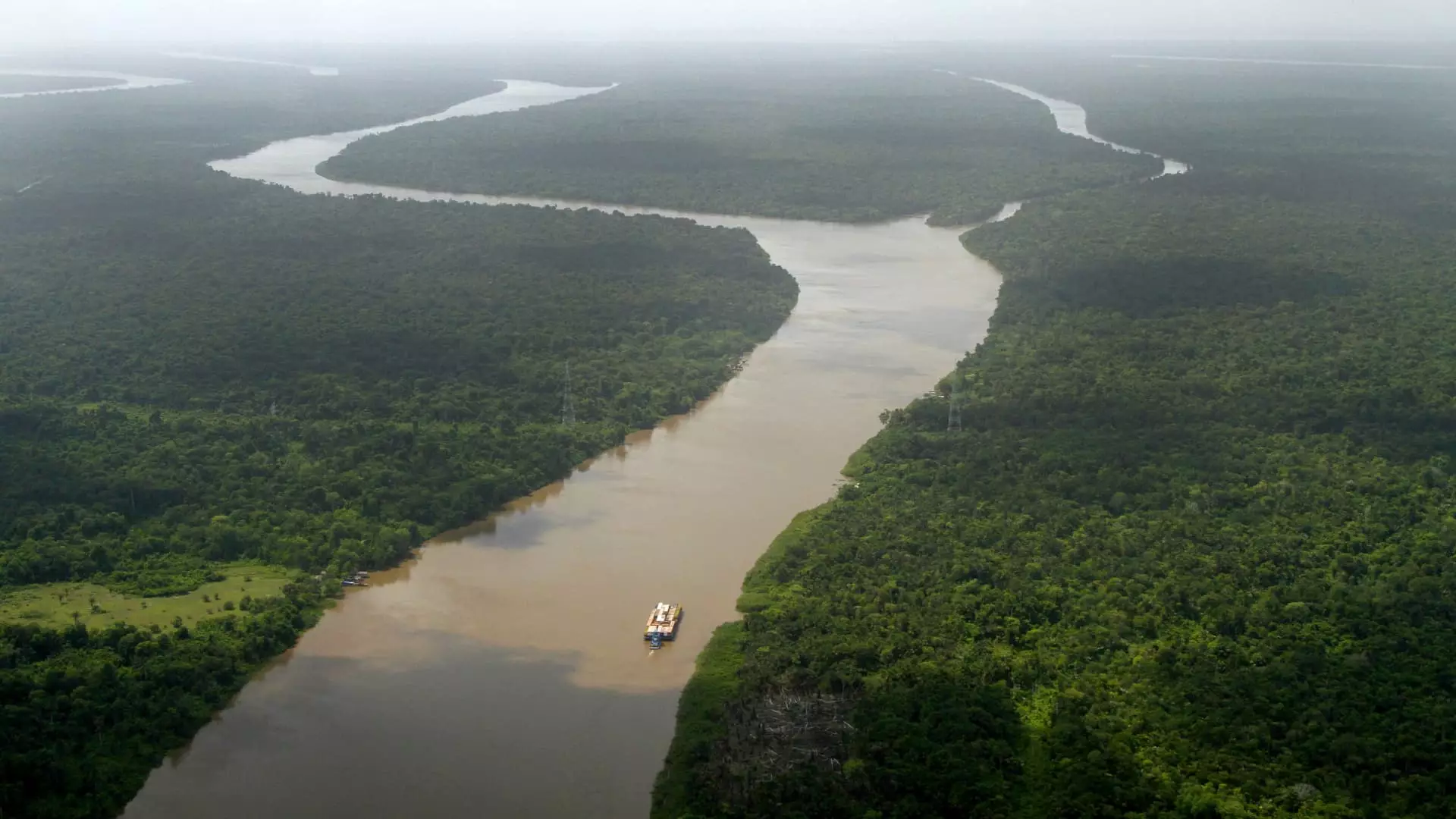The Amazon, known as the holder of one-fifth of the world’s fresh water, is currently battling a severe drought as it enters the dry season. Many rivers in the region are experiencing critically low water levels, a situation that is alarming governments and prompting them to prepare contingency measures. The technical note issued by the Amazon Cooperation Treaty Organization (ACTO), which includes several member countries like Bolivia, Brazil, Colombia, and Peru, has highlighted the severity of the drought in 2024.
The drought has already started to take its toll on the region, with countries like Bolivia, Peru, and Brazil being the most affected. Brazil’s federal water agency declared a water shortage in two major basins, Madeira and Purus, leading to emergency measures being put in place in several areas. The historically dry months of August and September are approaching, raising concerns about increased forest fires and deforestation in the region.
The decreasing water levels in rivers like Madeira River have not only impacted navigation but also the livelihoods of local communities. Farmers are struggling to transport their produce to the market, leading to a significant increase in prices of essential food staples like cassava flour. In areas like Amazonas and Acre, communities are facing water shortages, forcing them to depend on trucked-in water for survival.
The Amazon region is also facing a heightened risk of forest fires, with the number of fires in the area reaching a two-decade high. These fires are mostly human-made and are used for managing pastures and clearing deforested areas. The use of fire in such a fragile ecosystem poses a significant threat not only to the environment but also to the lives and livelihoods of people living in the region.
The consecutive years of extreme weather events in the Amazon region have put immense pressure on local governments and communities. The situation is further exacerbated by the ongoing COVID-19 pandemic, which has strained resources and limited the capacity to respond to natural disasters. Immediate action is required to address the water shortages, food insecurity, and environmental degradation that are plaguing the Amazon region.
The Amazon is facing a critical drought that requires urgent attention and concerted efforts from all stakeholders. The current situation is a stark reminder of the need to prioritize environmental conservation and sustainable resource management to prevent such crises in the future. Only through collective action and proactive measures can we hope to mitigate the impacts of climate change and protect the invaluable ecosystems of the Amazon.


Leave a Reply